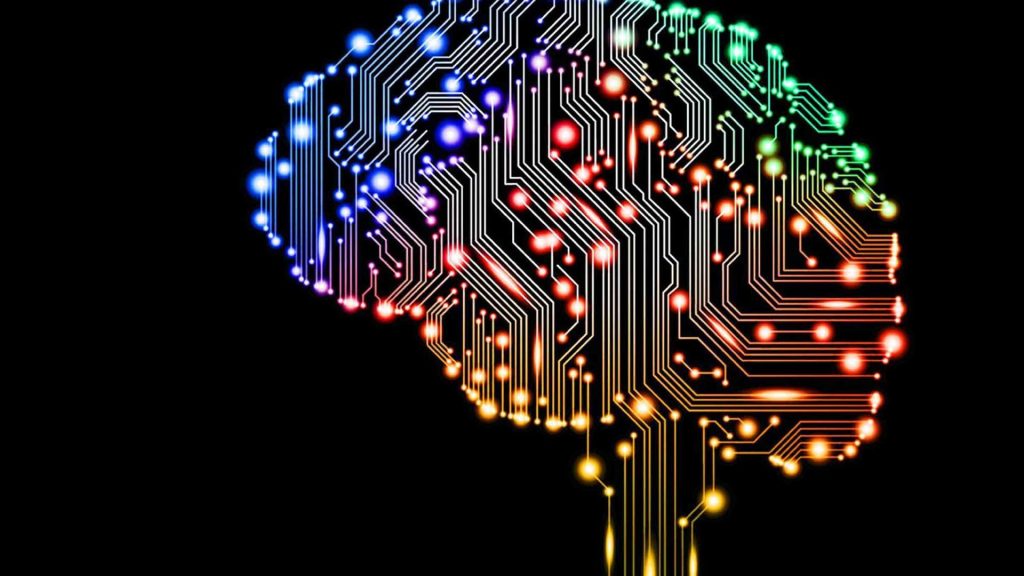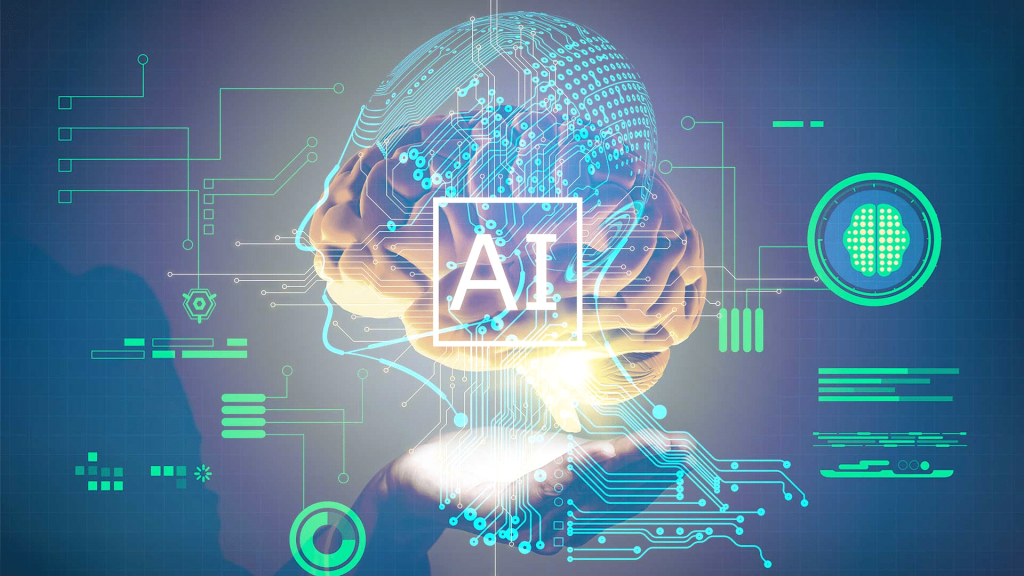In today’s rapidly changing world, the need for sustainable living has become more pressing than ever. As we strive to reduce our carbon footprint and conserve our planet’s resources, technology has emerged as a powerful ally in our quest for a greener future. One of the most promising developments in this regard is the integration of artificial intelligence (AI) into various aspects of our lives. In this blog post, we will explore the green side of AI and how it is revolutionizing sustainable living.
Harnessing Renewable Energy

One of the most significant contributions of AI to sustainable living is its ability to optimize the generation and utilization of renewable energy sources. AI-powered systems can analyze weather patterns, energy consumption data, and grid performance to make real-time decisions on when and how to generate energy from sources like solar panels and wind turbines. This not only maximizes energy production but also reduces waste, making renewable energy more efficient and accessible.
Smart Home Automation
AI-driven smart home systems have gained popularity for their convenience and energy-saving capabilities. These systems use sensors and data analysis to optimize lighting, heating, and cooling in homes. For example, they can adjust the temperature based on occupancy patterns, reducing energy consumption when no one is home. Additionally, smart appliances can communicate with each other and the energy grid to run tasks during off-peak hours, further reducing energy demand.
Sustainable Agriculture
AI is also making a significant impact on agriculture, a sector that plays a crucial role in ensuring food security while minimizing environmental impact. AI-powered tools can analyze soil data, weather forecasts, and crop health to optimize farming practices. This includes precise irrigation, pest control, and crop rotation strategies, all of which lead to increased crop yields and reduced use of water and pesticides.
Efficient Transportation
Transportation is a major contributor to greenhouse gas emissions, but AI is helping to make it more sustainable. Self-driving electric vehicles (EVs) are becoming a reality, and AI plays a central role in their operation. These vehicles can optimize routes, speed, and energy consumption to reduce emissions and increase efficiency. Additionally, AI-driven traffic management systems can reduce congestion and improve overall transportation efficiency.
Waste Management

Managing waste is another critical aspect of sustainability, and AI is improving waste management processes in various ways. Smart bins equipped with sensors can monitor their fill levels and send alerts when it’s time for collection, reducing unnecessary pickups and emissions. AI can also assist in sorting and recycling materials more efficiently by identifying and separating different types of waste in recycling facilities.
Conservation and Wildlife Protection
AI has also found its place in conservation efforts and wildlife protection. Machine learning algorithms can analyze vast amounts of data from remote sensors, cameras, and drones to monitor endangered species, track their movements, and detect poaching activities. This technology enables real-time interventions to protect wildlife and their habitats.
Challenges and Considerations
While AI holds great promise for sustainable living, it is essential to address potential challenges and ethical considerations. Privacy concerns related to smart home systems and data security in AI-driven applications must be carefully managed. Additionally, the energy consumption of AI itself can be significant, so efforts should be made to develop energy-efficient AI models and hardware. In conclusion, the integration of artificial intelligence into various aspects of our lives is ushering in a new era of sustainable living. From optimizing renewable energy production to improving transportation and waste management, AI is playing a pivotal role in reducing our environmental impact. However, it is crucial to strike a balance between technological advancement and ethical considerations to ensure that the green side of AI continues to benefit both humanity and the planet we call home.





